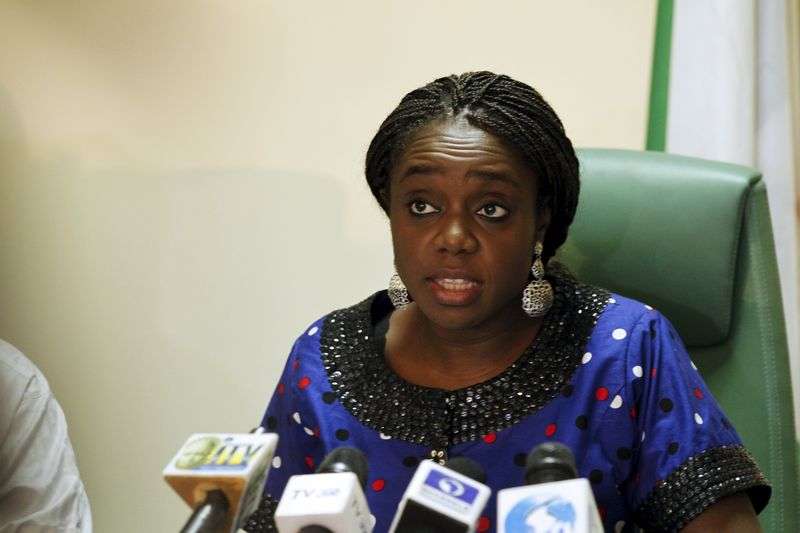- FG to Recover Assets Illegally Converted to Private Use
Worried by the rate at which government assets are illegally converted to private use, the Federal Government on Sunday said it had commenced an asset tracking and management project that would enable it to locate, identify, assess and evaluate all its moveable and immoveable assets.
The Minister of Finance, Mrs. Kemi Adeosun, stated this in a statement issued by the Director of Information in the Ministry of Finance, Mr. Salisu Dambatta.
Through the fight against corruption, the Independent Corrupt Practices and Other Related Offences Commission had delivered 40 vehicles to the Federal Ministry of Water Resources, which it recovered from some retired directors of the ministry.
Also, the Economic and Financial Crimes Commission recently announced the recovery of 40 Sports Utility Vehicles from a retired permanent secretary, who served in the Federal Ministry of Power.
The statement said a central asset register would be created and domiciled in the Federal Ministry of Finance to record the actual quantity, value, condition and location of all the capital assets belonging to the Federal Government.
Under the International Public Sector Reporting Standard, the government is expected to record both its assets and liabilities in its financial statement.
The statement read in part, “For the first time, a central and unified national database of assets (asset register) will be generated and maintained for the purpose of recording, tracking and managing the huge investments in capital assets owned by the government.
“The Assets Tracking and Management Project and the creation of the assets register are new initiatives of the Federal Ministry of Finance designed to enhance accountability, promote transparency and deepen efficiency in line with the change agenda of the administration of President Muhammadu Buhari.
“The asset tracking exercise and register will make planning and control easier and improve accountability for assets. With the increased allocation to capital expenditure to 30 per cent, it is important that all assets are recorded and accounted for. Where disposals occur, they must be in line with the laid down procedures and must be transparent.”
The statement added that a project coordinator had been appointed by the Finance minister for the immediate commencement of the initiative, noting that a circular had been dispatched to all federal Ministries, Departments and Agencies requesting their accounting officers to prepare an inventory of all fixed assets held as of December 31, 2016, to facilitate physical verification by the project team.
The circular stated, “You must ensure that any assets held by current and former staff members are fully accounted for. In this regard, you may find it necessary to contact any former staff member and/or political office holders to avail them of the opportunity to return relevant assets in their possession.
“The circular inventory records submitted will be cross-checked to capital releases and project account purchases to ensure completeness. Where assets have been sold or otherwise disposed of, they must be recorded with supporting authorisation for sale and evidence of payment, where applicable.”
The circular, according to the statement, drew the attention of heads of the MDAs to Chapter 26 of the Financial Regulations, with regard to disposal of assets and warned that any asset not accessible for physical inspection and not disposed of in accordance with financial requirements will be deemed to have been illegally withheld or converted.
It added, “Please, record such assets so as to enable the investigative agencies to be notified.
“The records of the assets disposed of should cover the last five years and all accounting officers of the MDAs are to submit their reports not later than three weeks from the date of receipt of the circular.”

 Forex3 weeks ago
Forex3 weeks ago


 Naira2 weeks ago
Naira2 weeks ago
 Billionaire Watch2 weeks ago
Billionaire Watch2 weeks ago




 Naira2 weeks ago
Naira2 weeks ago




 Naira2 weeks ago
Naira2 weeks ago




 Naira1 week ago
Naira1 week ago




 Naira4 weeks ago
Naira4 weeks ago




 Naira3 weeks ago
Naira3 weeks ago






















